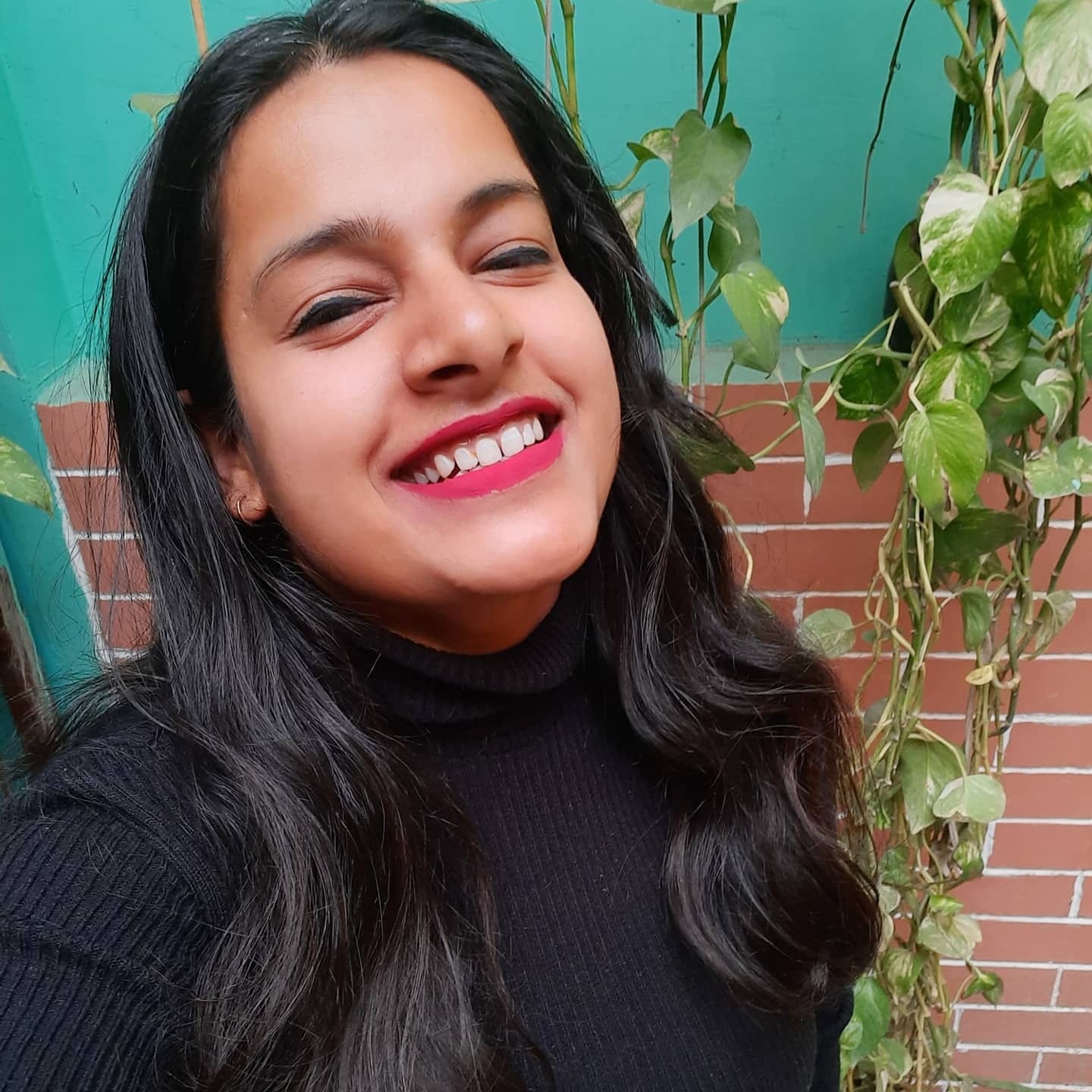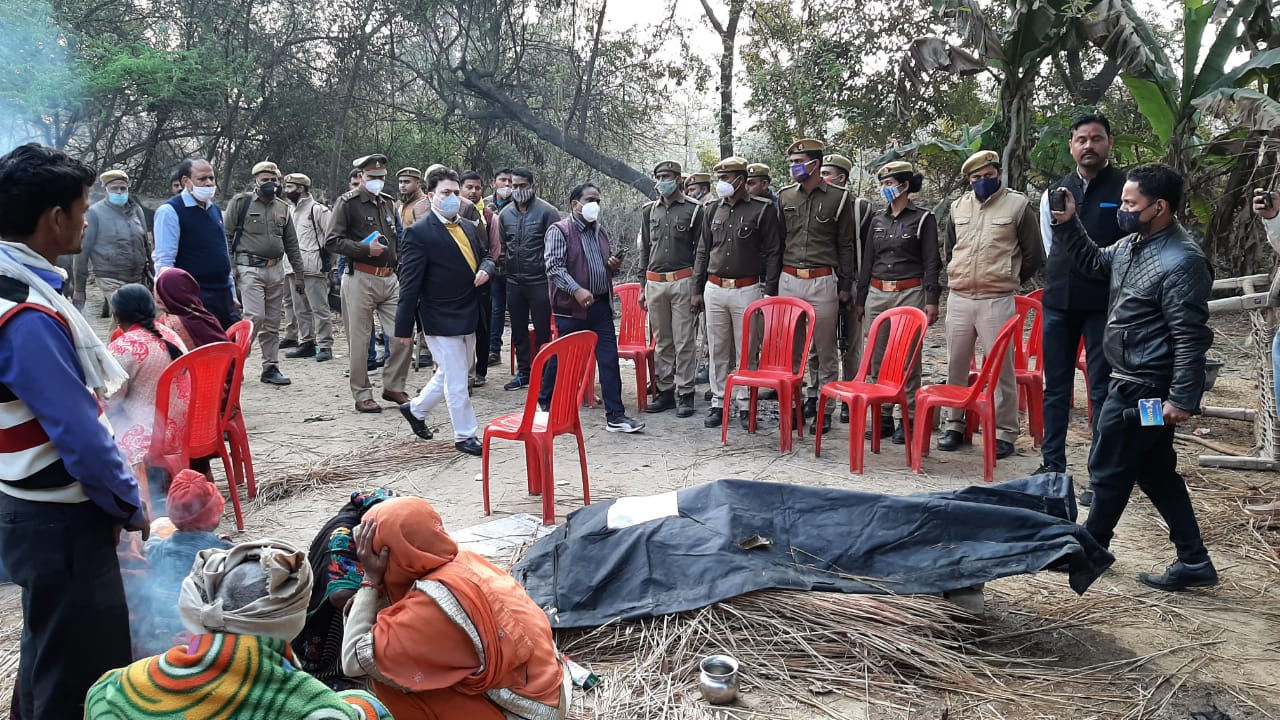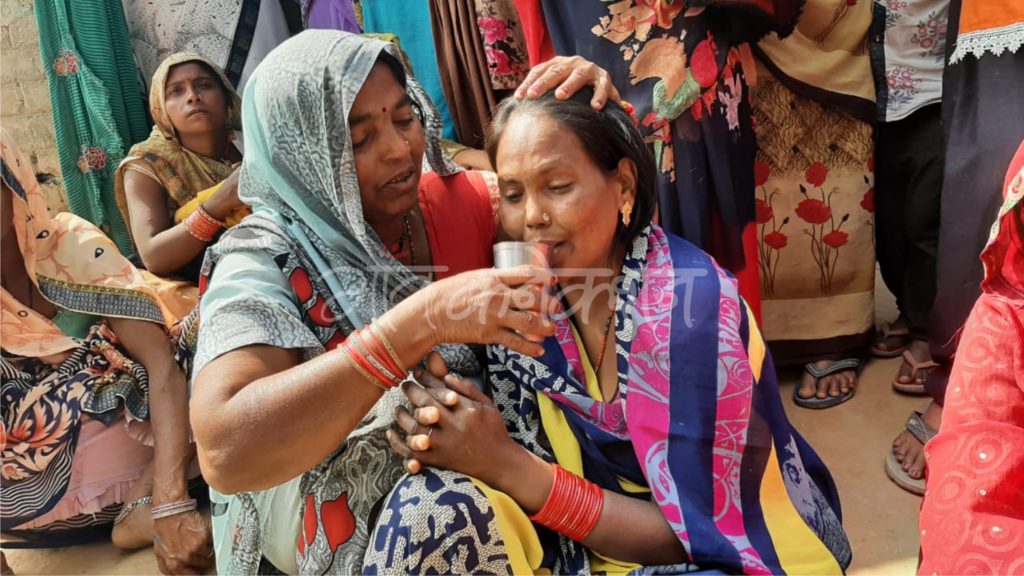Caste-based violence: “More than stricter laws, the need of the hour is quick implementation of the existing laws”
According to the National Crime Records Bureau’s 2019 data, on an average, 10 cases of rape of Dalit women were reported every day in India with Rajasthan reporting the highest number at 554 cases. Uttar Pradesh followed with 537 rape cases.

Four days back, on February 17, three cousins, Dalit minor girls, were found unconscious in a mustard field in Baburaha village in Unnao, Uttar Pradesh. Two of them were declared dead at the hospital, while the third is fighting for her life in a hospital in Kanpur. On February 19, accused Vinay Kumar and a minor accomplice were arrested by the police. According to police, the accused poisoned the girls by mixing pesticide with drinking water.
Yesterday, February 20, in the Gaon Cafe — the weekly LIVE show of Gaon Connection, experts discussed the Unnao case, which is in headlines for the past couple of days. How caste matters, how authorities look down upon Dalit communities, need to rethink laws for crime and punishment, and freedom for reporters on ground — were discussed during an hour long discussion.
“After the Nirbhaya case, murders after rape have increased. For a culprit, a victim is the most powerful evidence against him. Fears of life imprisonment and capital punishment, provokes culprits to murder victims after sexual assault,” said SR Darapuri, former Inspector General of Police, Uttar Pradesh.
“It is believed that stricter laws are needed to stop crime. But the need of the hour is quick implementation of the existing laws as delays make perpetrators think they will get away with crime,” he added.

The recent ‘Unnao Case’ brings infamous memories of Hathras Horror when a nineteen-year-old girl, reportedly from a Dalit family, was gang-raped and cremated in the dead of night with heavy police presence.
In both the cases, victims were from the Dalit community. “Discrimination based on caste is not new in India. In most of these cases, Dalits are the targeted groups. Police keep families of victims in station… Accused in such cases are protected,” Shobhna Smriti, member of Dalit Women Fight, a group of Dalit women working to strengthen the rights of victims of caste violence, said during the Gaon Cafe show.
According to the National Crime Records Bureau’s 2019 data, on an average, 10 cases of rape of Dalit women were reported every day in 2019 in the country with Rajasthan reporting the highest number at 554 cases. Uttar Pradesh followed with 537 rape cases. In 2019, with 11,829 cases, Uttar Pradesh saw the highest number of cases of crime against Dalits.

Darapuri informed that caste based discrimination is also observed by authorities. “If someone from Dalit communities reach out to police, then FIR [First Informarion Report] is not registered. As a result, culprits get encouraged for crime. Authorities here in Uttar Pradesh themselves look at Dalit communities as inferior,” he added.
The experts in the discussion also pointed out how two schemes of the state government for women safety — Women Helpline 181 and Mahila Samakhya have wound up owing to the neglect of the state government and the Department of Women and Child Development. These two schemes languish for want of funds.
The ‘Nirbhaya Fund’ scheme, set up by the central government in 2013, meant to facilitate a number of schemes relating to women empowerment and women safety, is also in jeopardy. While crime against women continues to soar in the country, almost 40 per cent of the funds remained unspent.
Meanwhile, in the Unnao case, the family of the girls had alleged rape, but Lakshmi Singh, inspector-general of police, Lucknow range, clarified that the “post-mortem report has not detected any symptoms of sexual assault and no injury has been found on the victims”. According to the police, the accused Vinay attempted to kill the 16-year-old because she rejected his proposal. His plan was to poison her with water laced with pesticide.
“Earlier, regarding the Unnao case, police said it was the case of honour killing. Now it came out that poisoned water was given to girls. As of now, the statement has been taken from the accused, but unless the viscera report comes in, we cannot be sure of the cause of death of the girls,” said Darapuri.

